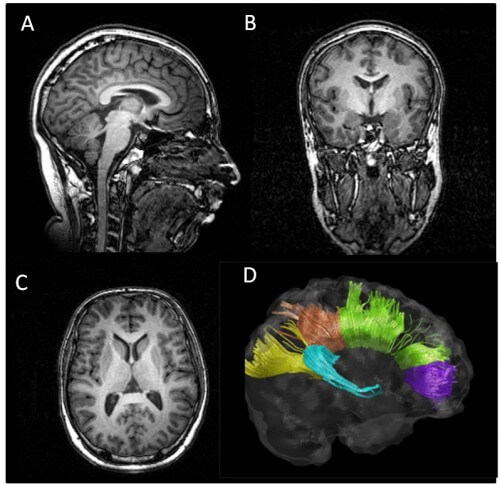According to the company, the new technology gives confidence already in the early stages of the clinical research regarding the effectiveness of the treatment

The Israeli company Bioimage will unveil, as part of the ILSI-Biomed 2012 conference and exhibition, which will be held at the David Intercontinental Hotel Tel Aviv this month, between May 21-23, the functional MRI (fMRI) technology, which allows measuring the effect of drugs on brain activity through the use of MRI (imaging Magnetic Resonance). According to the company, the new technology gives confidence already in the early stages of the clinical research regarding the effectiveness of the treatment.
The method makes it possible to get a clear picture in a short time as to whether the molecule in the drug actually changes brain activity in the desired way and is a powerful measure of the drug's effect on brain function. MRI is a technology that enables non-invasive scanning that is used to visualize internal organs in the body without the use of X-rays.
According to Dr. Tamar Katzir and Dr. Efrat Sasson from Bioimage, the great advantage of MRI technology is the fact that it is possible to test the effectiveness of a drug or the effect of any other intervention using MRI already in the pre-clinical stage. This type of research was recently carried out by Prof. Gil Salzman, Director of the Children and Youth Division, Director of the Youth Day Department, Gaha Mental Health Center, Faculty of Medicine, Tel Aviv University.
In this study, the effect of an acute stress event on genetically depressed rats was tested while being exposed to different stages of development in order to demonstrate the interaction of environmental timing and genetics in the formation of depression in children. After the exposure, all the rats underwent an MRI scan in the fMRI facility, using a method that allows to complete the picture of the functional MRI, which examines not only how the brain function changes but also how the structure of the brain tissue changes. This method is called diffusion-weighted imaging (DTI). After that, a statistical analysis of the data was carried out, using it to compare different treatments, different doses of the treatment, as well as a comparison of the administration of the drug to patients versus healthy people. The fMRI method also makes it possible to check whether the drug "normalizes" the patients' brain activity.
In the initial clinical stages, the fMRI method is used to test both efficacy and side effects. For example, when administering a drug for peripheral pain relief, it turned out in the late stages of the clinical study that the drug causes anxiety. f MRI in early stages allows this type of information to be received earlier.
The company BioImage, under the management of Dr. Katzir and Dr. Sasson, offers pharmaceutical companies and researchers in the biomedical field MRI research services, including advanced MRI methods for obtaining a variety of biological markers for tissue and disease characterization and for evaluating the effectiveness of drugs or various treatments. "Non-intrusive functional imaging has significantly changed the way brain systems are studied because they can be seen in action," say the two. "MRI shows how genes, proteins, neurotransmitters, neurons and neural networks work together to create brain responses in healthy and sick people. Functional MRI is a useful method in the development of new drugs, obtains results relatively quickly compared to traditional research methods, and can assist in the decision-making process at important junctures in medical research. Correct decisions in the early stages of research can save a lot of resources," claims Dr. Sasson.
Among BioImage's clients, there are leading research companies in the economy in many fields, such as vascular diseases, cancer research, and more, and leading academic researchers in the fields of autoimmune diseases, cerebral palsy, psychiatric diseases, and more.
The "ILSI-Biomed Israel 2012" week has become, in its more than ten years of existence, an international conference in which the biggest (and hottest) names in the world from the fields of biotechnology, pharmaceuticals and medical devices take part every year. The organizers of the event, the Israeli Life Sciences Association - ILSI - and the "Kens" company, estimate that among the thousands of expected participants - CEOs and executives of biopharma and medical device companies, scientists and researchers, entrepreneurs, shapers of public opinion in the field, managers of venture capital funds and private investors - There will also be over 1,000 guests from abroad.
